in Thoreau’s Journal:
I still recall that characteristic winter evening of December 9th. The cold, dry, and wholesome diet my mind and senses necessarily fed on, —oak leaves, bleached and withered weeds that rose above the snow, the now dark green of the pines, and perchance the faint metallic chip of a single tree sparrow; the hushed stillness of the wood at sundown, aye, all the winter day, the short boreal twilight, the smooth serenity and reflections of the pond, still alone free from ice; the melodious hooting of the owl, heard at the same time with the yet more distant whistle of a locomotive, more aboriginal, and perchance more enduring here than that, heard above all the voices of Concord, as if they were not, the last strokes of the woodchopper (how little he is Anglicized!) who presently bends his steps homeward; the gilded bar of cloud across the apparent outlet of the pond, conducting my thoughts into the eternal west, the deepening horizon glow, and the hasty walk homeward to enjoy the long winter evening.
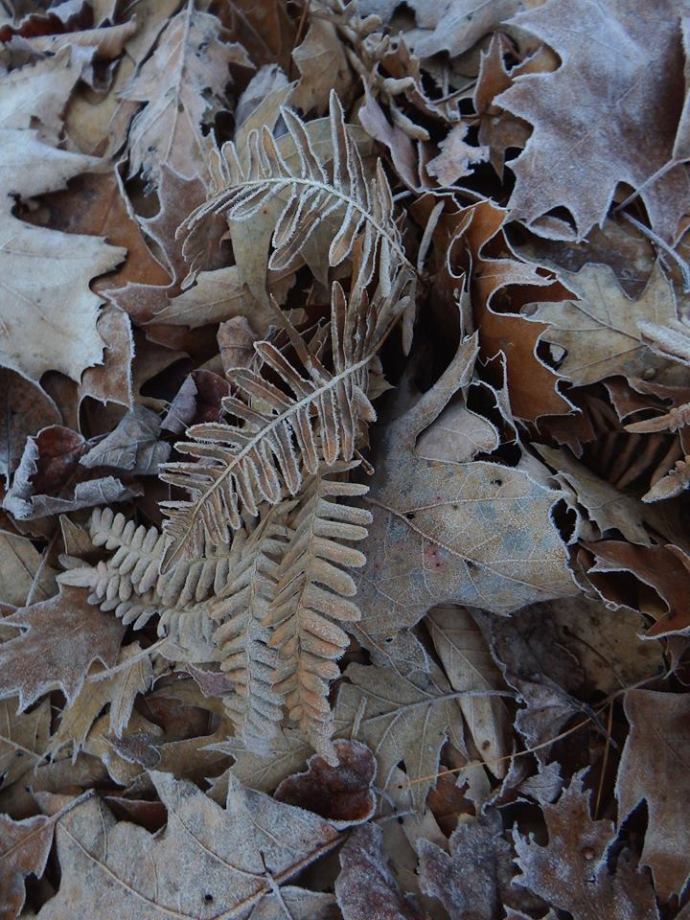
The hooting of the owl; that is a sound which my red predecessors heard here more than a thousand years ago it rings far and wide, occupying the space rightfully, — grand, primeval, aboriginal sound. There is no whisper in it of the Bulkeleys, the Flints, the Hosmers, who recently squatted here, nor of the first parish, nor of Concord Fight, nor of the last town-meeting.
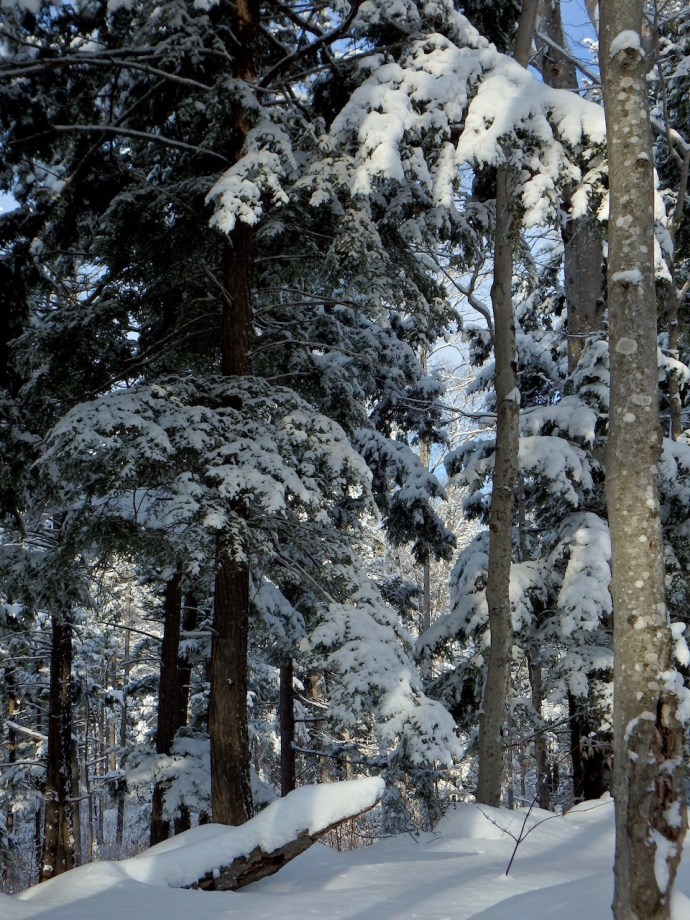



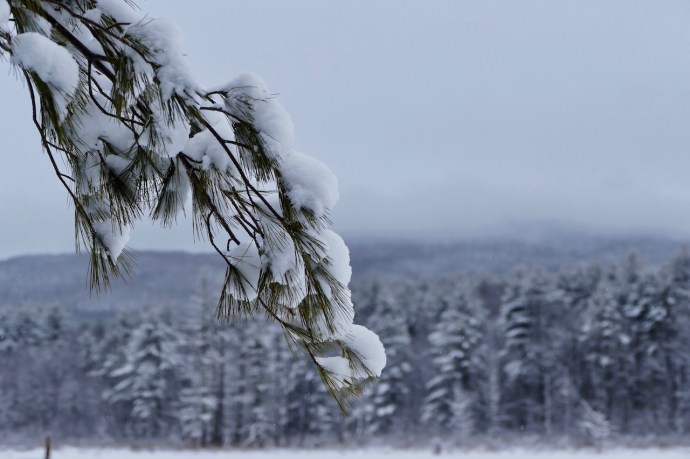
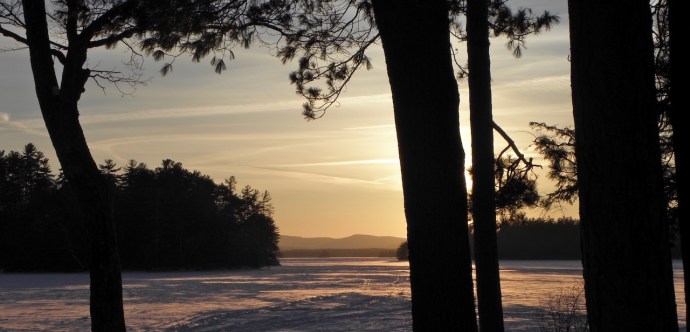


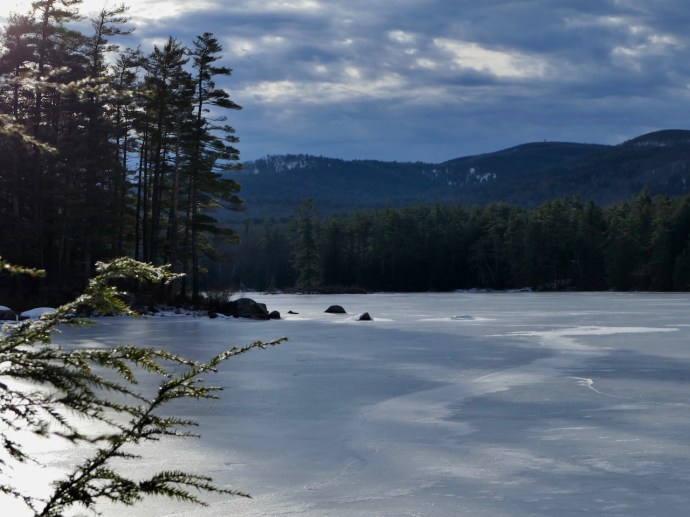
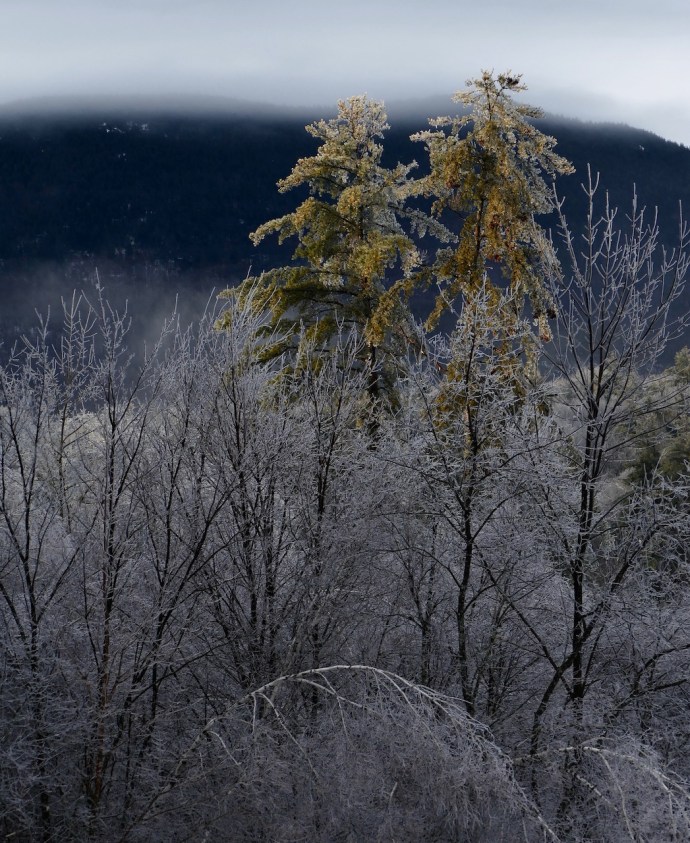




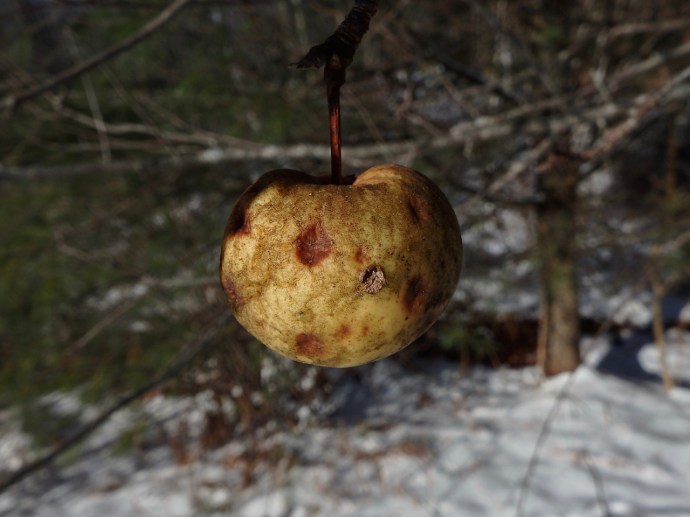









You must be logged in to post a comment.